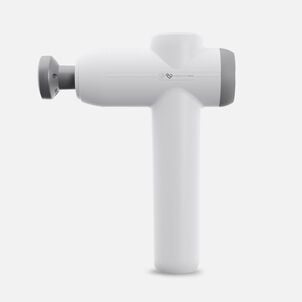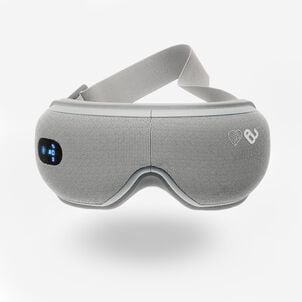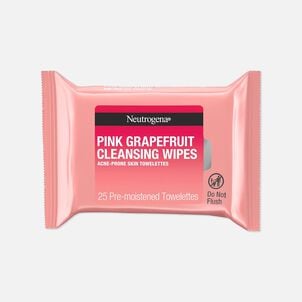Another look at 2019 HSA contribution limits

For most people, the month of May means the beginning of beach season. Around our offices, this time of year has the anticipation of a birthday and the excitement of New Year's Eve. That's because this is usually when the IRS releases HSA contribution limits for the coming year.
(Hey, some people get excited for new Star Wars trailers. We get excited about account limits.)
Want a quick spoiler? Other than the obvious increases, not much has changed from 2018's limits (though we're hoping we don't see another mid-year change like we did in April). But how does this affect you? Let's discuss...
First, the contribution basics for 2019
Next year, the annual HSA contribution limit for those enrolled in the health plan as individuals increased from $3,450 to $3,500, while those enrolled in two-person or family will enjoy a $100 bump from $6,900 to an even $7,000.
In parallel, maximum out-of-pocket spending for HDHP holders increased, as well. Individuals will have to shell out an additional $100 ($6,750) while families are on the hook for $200 above current year maximums ($13,500).
Contributions to an HSA are tax deductible (it's right on the first page of your 1040 form as an adjustment to income). You don't have to mark them as an itemized deduction for medical expenses, which can have limited tax impact.
(Unfortunately, no HSA contributions or tax deductions are permitted if you're enrolled in Medicare Part A or Part B.)
How should you take advantage?
Obviously, all personal financial situations vary, but the best way to maximize your tax-free health savings is to contribute the maximum (You probably didn't need us to tell you that, and individual situations vary, so we always recommend that you speak with a tax or legal expert.)
This is where most HSA owners miss out on serious savings opportunities. While using these tax-free funds for necessary medical expenses is certainly better than paying out of pocket, the most-optimal use of the account is to let it grow, holding on to these funds in case of major medical expenses down the line.
Todd Berkley of BenefitWallet says the only truly "wrong" way to use an HSA is to not contribute at all. Yet Berkley claims up to 20% of HSA owners are doing just that, missing out on some considerable advantages.
"At a minimum, you should put away enough to cover your deductible," Berkley said to Forbes earlier this month. "If you lowballed your annual contribution, know you can top it off up until the tax year filing deadline. Say you get a big unexpected doctor's bill. You can put money into your HSA, take it right out, and the government just paid 25% of the bill."
If you have the means, numerous outlets, including Investopedia recommend maxing out your contributions for the coming year, and see how it affects your potential retirement savings.
Are HSAs a good long-term plan?
In a word, yes. And they're not likely going anywhere. According to the 2017 Year-End Devenir HSA Market Research Report, the HSA market projects to exceed $64 billion in assets by the end of 2019, held among roughly 27.5 million accounts.
The research firm also estimated that $27.6 million was contributed in 2017, up from $25.5 million in 2016. Employer contributions represented 21% of that 2017 contribution totals, while 63% of all HSA funds contributed came from an employer-associated HSA. For this latter group, the average employee contribution was $1,921.
(The final 14% of HSA contributions were made by individuals with an account not associated with an employer.)
So, now the numbers are out and your decision-making for next year begins. Whether you're using your funds now or later, your HSA can be a big part of your bottom line savings for 2019 and beyond.
Tax Facts is a weekly column offering straight up, no-nonsense HSA tax tips, written in everyday language. Look for it every Tuesday, exclusively on the HSAstore.com Learning Center. And for the latest info about your health and financial wellness, be sure to follow us on Facebook and Twitter.


.png)














